|
To keep the astronauts safe in Space, and entire team works around the clock on the ground at Mission Control. We got the chance to simulate what it's like to be in Mission Control with some actual Mission Control Scientists. They talked a little bit about the skills you need to work at Mission Control: While visiting Mission Control, we got a tour of "Historic Mission Control," which is where scientists worked around the clock during the Mercury, Gemini, and Apollo missions. These are the missions that took us to the Moon! After our tour of Historic Mission Control, we visited Orion Mission Control. This is where NASA will control future missions. Right now, Mission Control Specialists and Astronauts are training for potential missions to the moon and beyond. This preparation will be crucial as NASA continues with its future missions. There are a wide variety of roles that Mission Control specialists take on. There's the Flight Director, who has operational responsibility over all missions an payload operations. CAPCOM, or capsule communicator, communicates directly with the crew. They are typically the only point of communication between the crew and Mission Control. SURGEON is responsible for monitoring the health of the astronauts aboard the capsule or station. EECOM (electric, environmental, and consumables manager) monitors environmental conditions and solves equipment errors. After Mission Control, we headed over to Ellington Airforce Base to chat with Air Force and Civil Air Patrol members about remotely piloted aircraft: It's been a wonderful few days NASA Johnson, and we're excited to bring back some amazing project for our upcoming Ashford in Space Unit.
0 Comments
Your comment will be posted after it is approved.
Leave a Reply. |
AuthorsKate Craven Archives
October 2018
Categories |
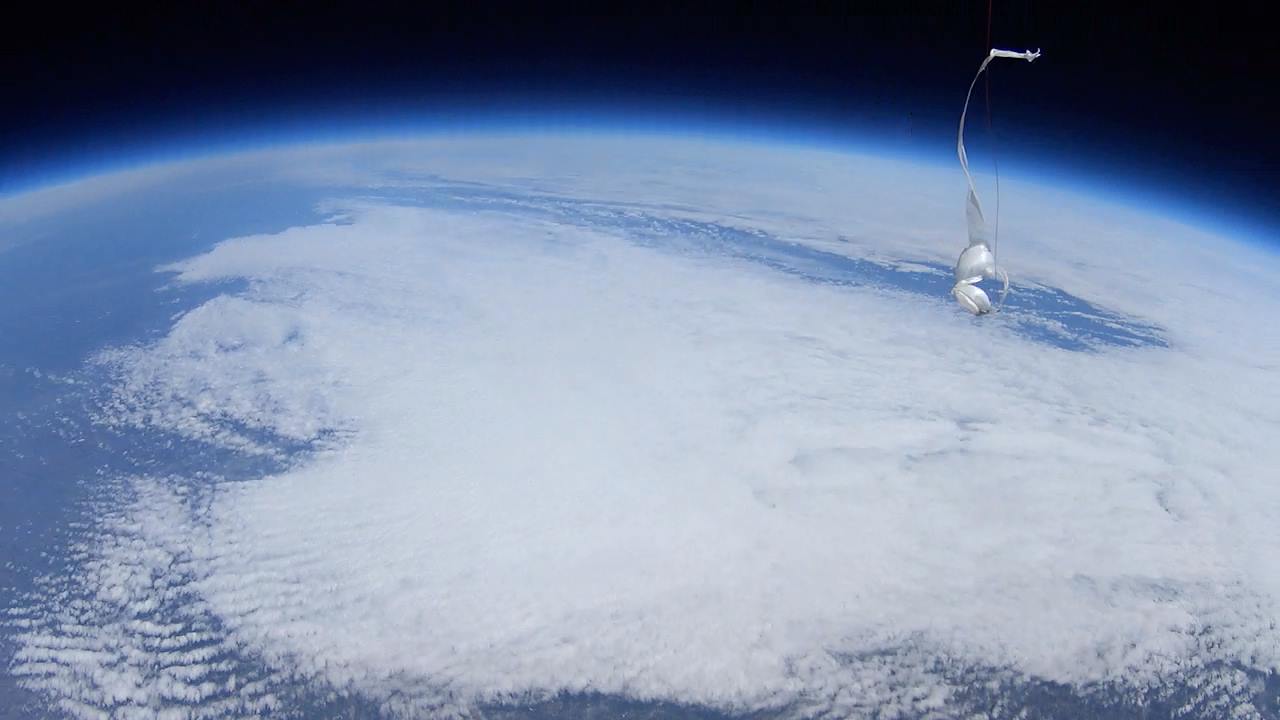
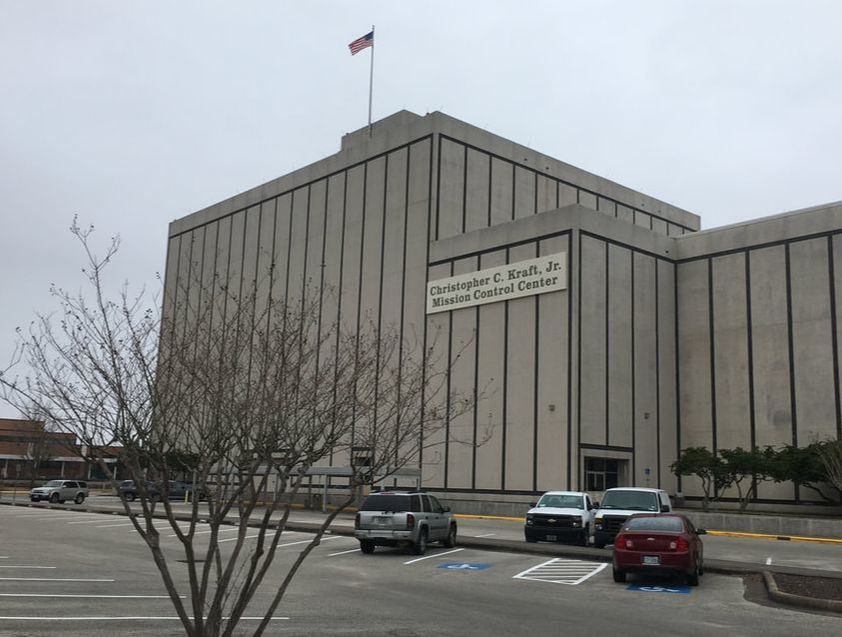
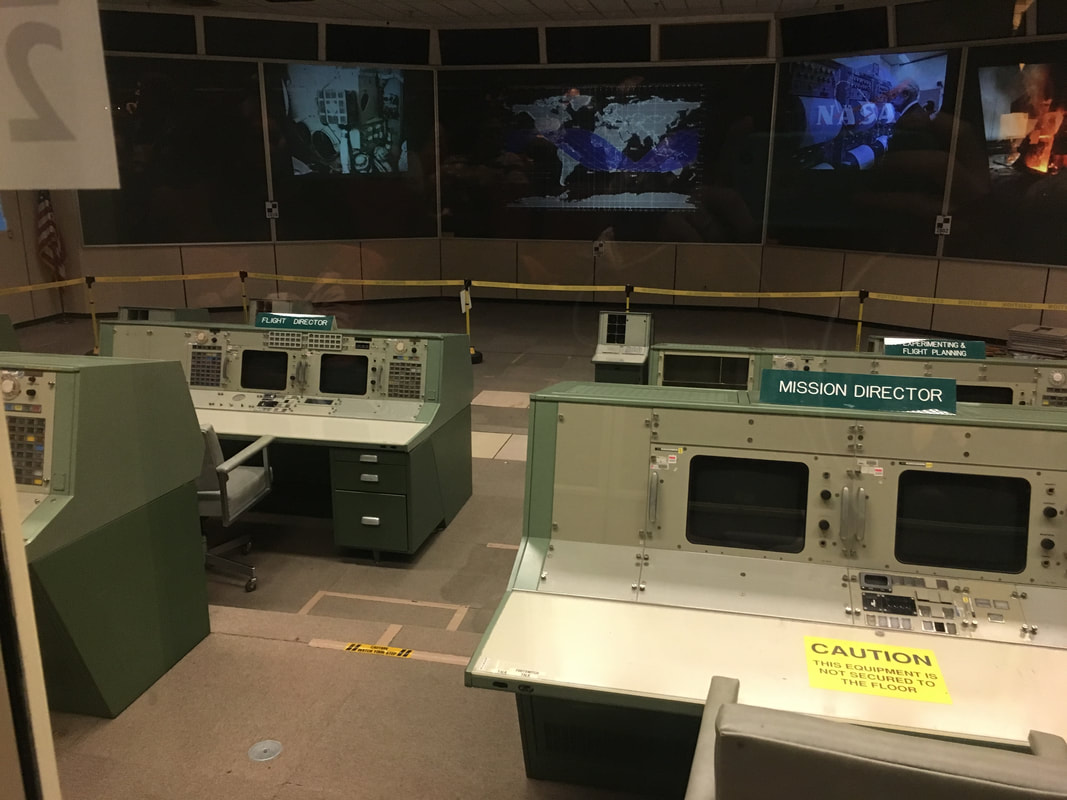
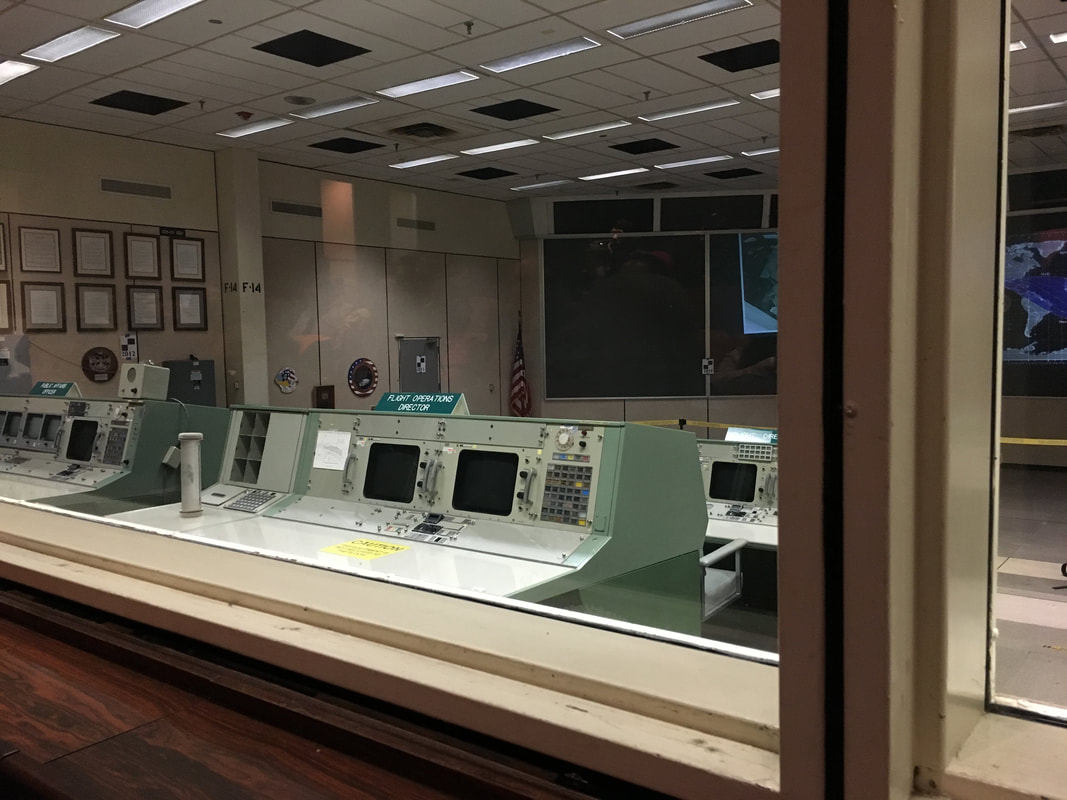
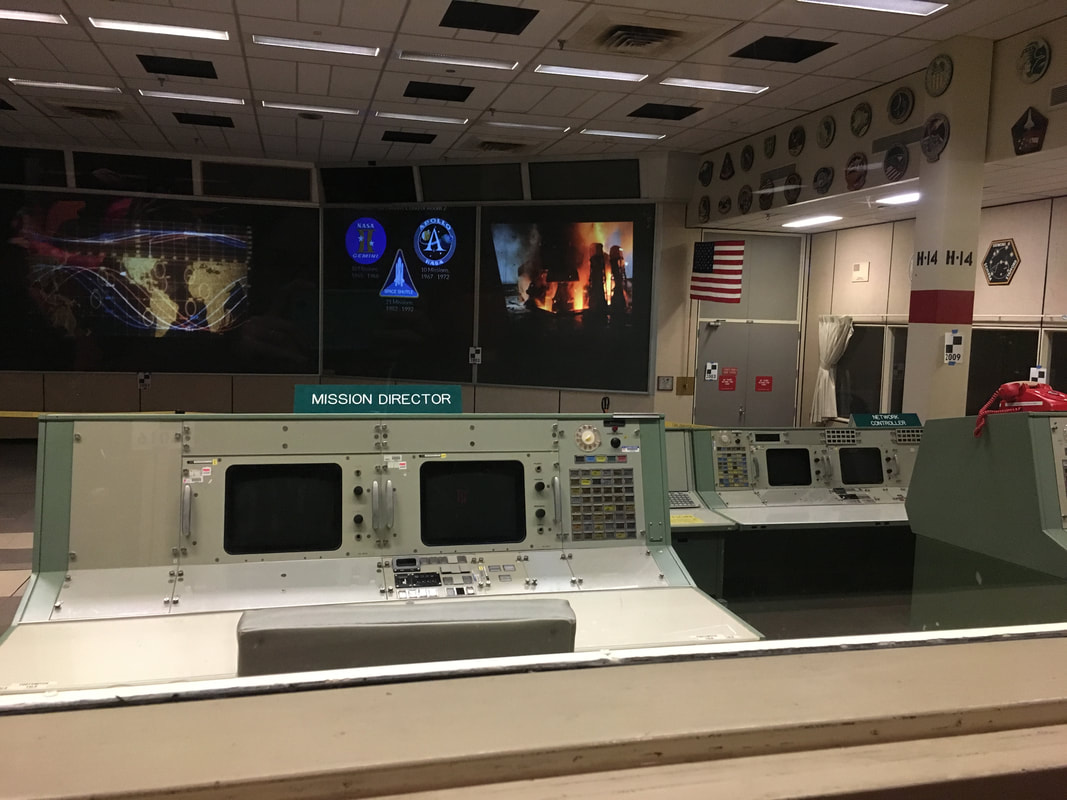
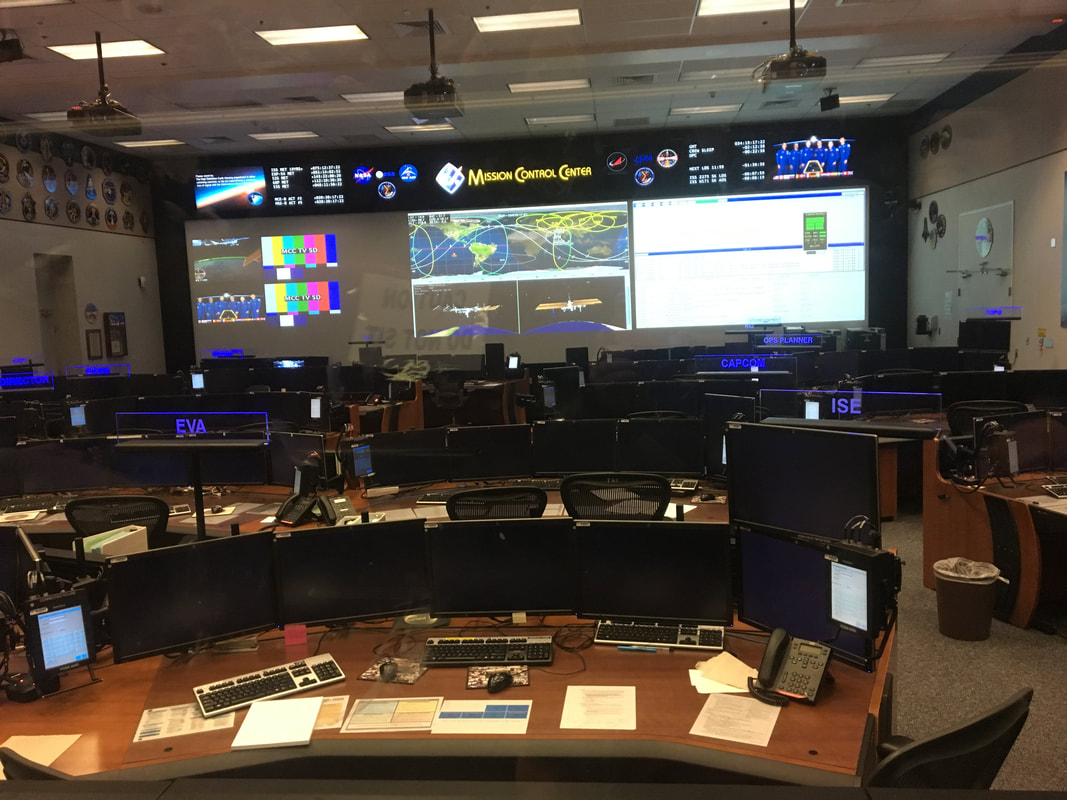
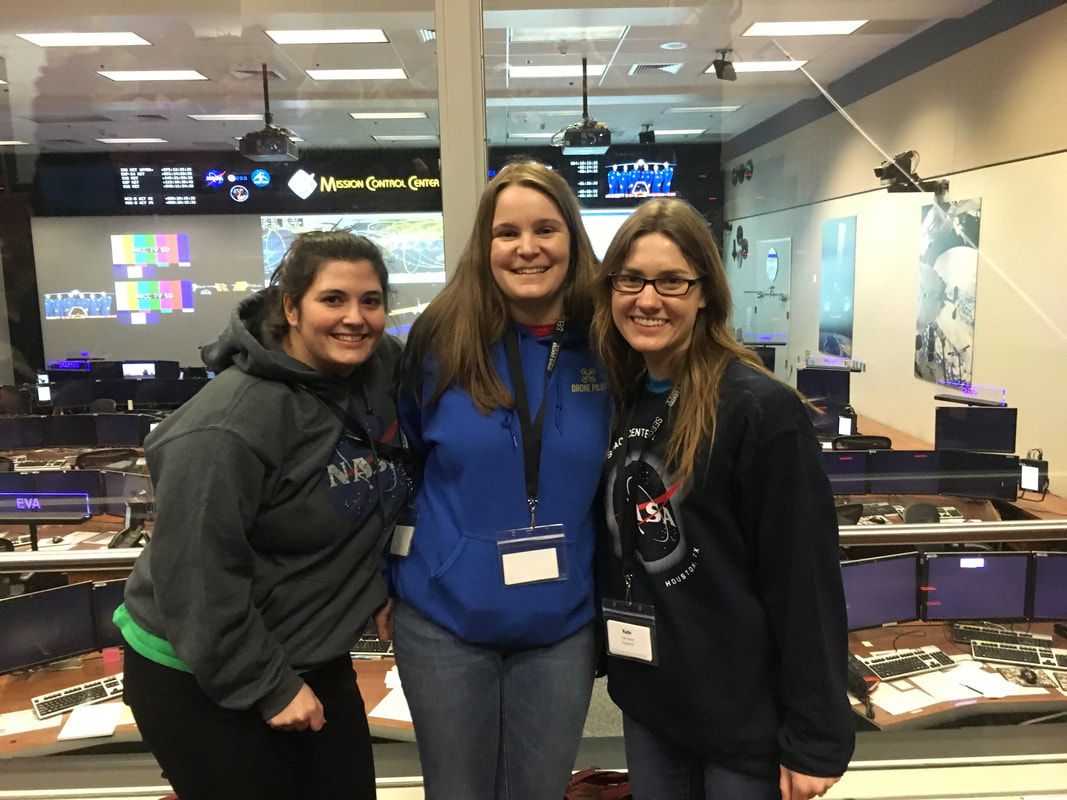
 RSS Feed
RSS Feed
